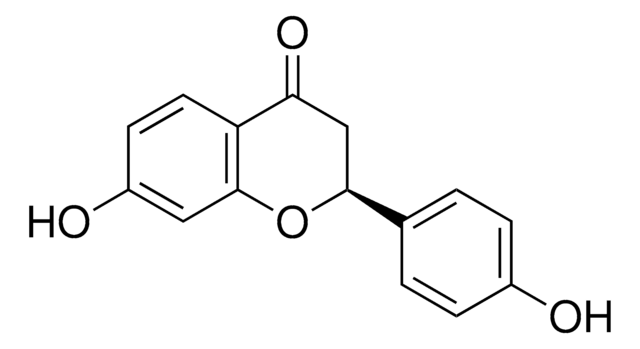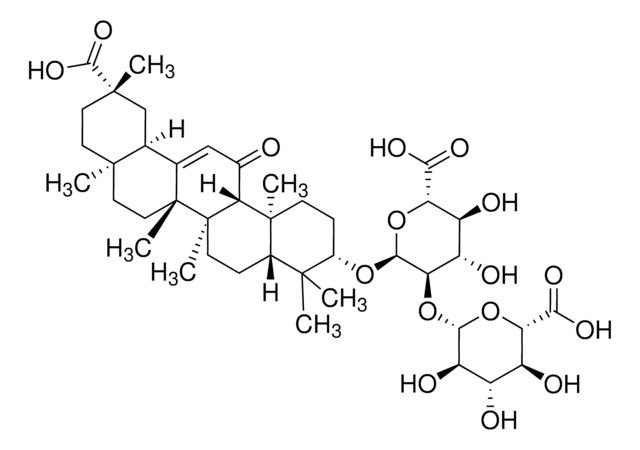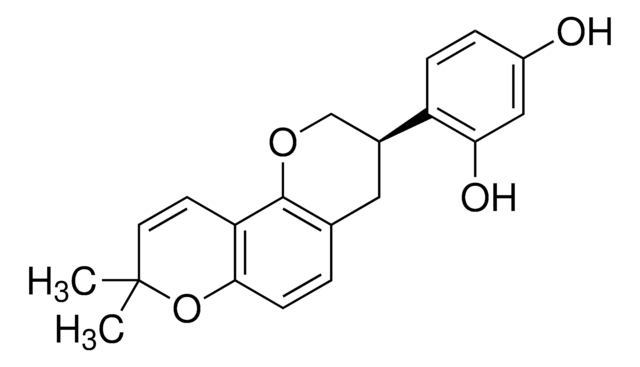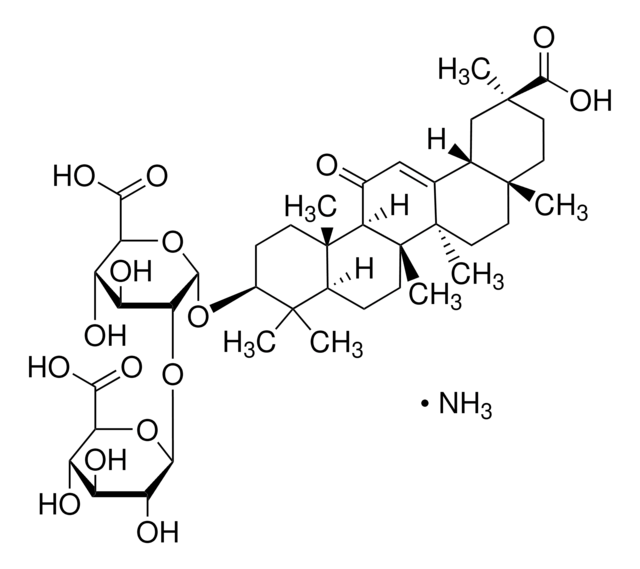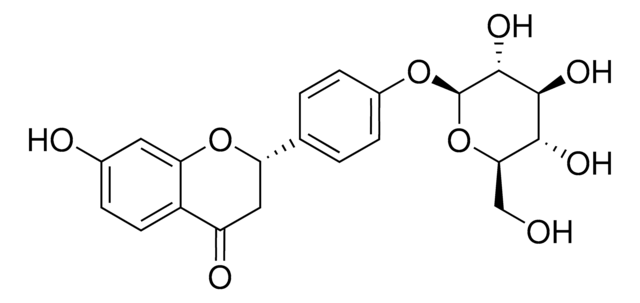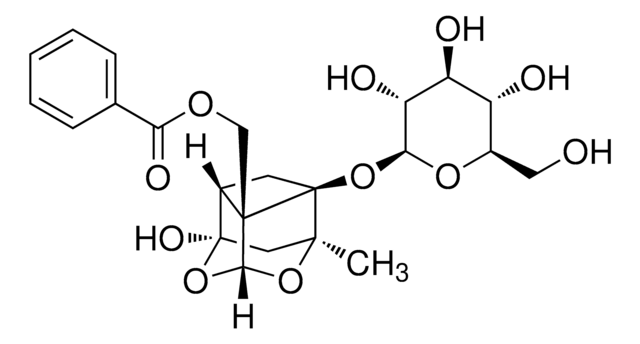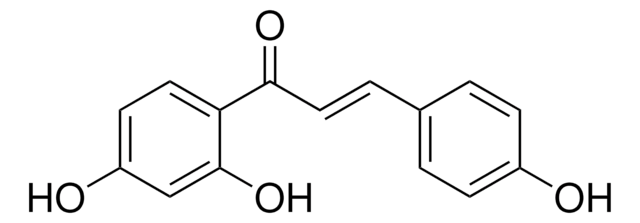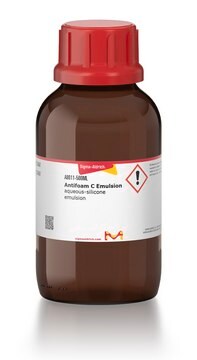Kluczowe dokumenty
L8045
Liquiritin
from Glycyrrhizae root (licorice root), ≥98% (HPLC)
Synonim(y):
4′,7-Dihydroxyflavanone 4′-glucoside, Liquiritoside
About This Item
Polecane produkty
pochodzenie biologiczne
Glycyrrhizae root (licorice root)
Poziom jakości
Próba
≥98% (HPLC)
Formularz
powder
Zastosowanie
metabolomics
vitamins, nutraceuticals, and natural products
temp. przechowywania
2-8°C
ciąg SMILES
O=C1C2=CC=C(O)C=C2O[C@H](C3=CC=C(O[C@H]4[C@H](O)[C@@H](O)[C@H](O)[C@@H](CO)O4)C=C3)C1
InChI
1S/C21H22O9/c22-9-17-18(25)19(26)20(27)21(30-17)28-12-4-1-10(2-5-12)15-8-14(24)13-6-3-11(23)7-16(13)29-15/h1-7,15,17-23,25-27H,8-9H2/t15-,17+,18+,19-,20+,21+/m0/s1
Klucz InChI
DEMKZLAVQYISIA-ZRWXNEIDSA-N
Szukasz podobnych produktów? Odwiedź Przewodnik dotyczący porównywania produktów
Powiązane kategorie
Opis ogólny
Zastosowanie
Działania biochem./fizjol.
Kod klasy składowania
11 - Combustible Solids
Klasa zagrożenia wodnego (WGK)
WGK 3
Temperatura zapłonu (°F)
Not applicable
Temperatura zapłonu (°C)
Not applicable
Wybierz jedną z najnowszych wersji:
Masz już ten produkt?
Dokumenty związane z niedawno zakupionymi produktami zostały zamieszczone w Bibliotece dokumentów.
Klienci oglądali również te produkty
Nasz zespół naukowców ma doświadczenie we wszystkich obszarach badań, w tym w naukach przyrodniczych, materiałoznawstwie, syntezie chemicznej, chromatografii, analityce i wielu innych dziedzinach.
Skontaktuj się z zespołem ds. pomocy technicznej